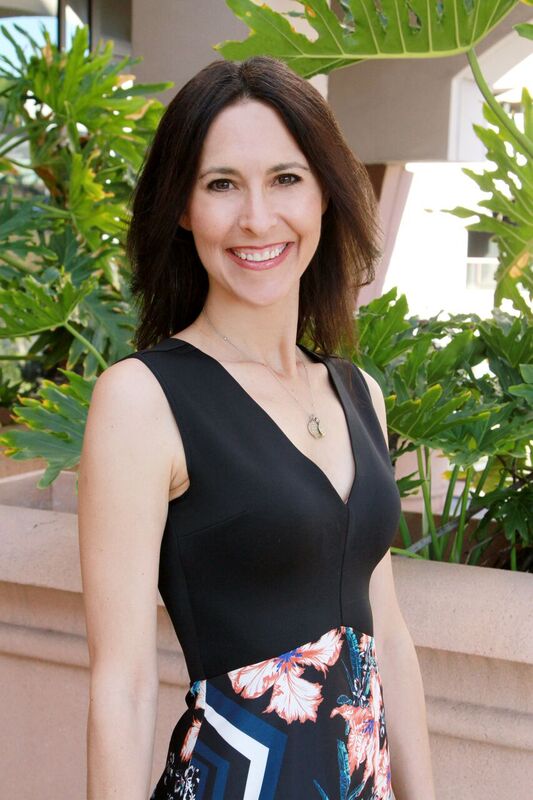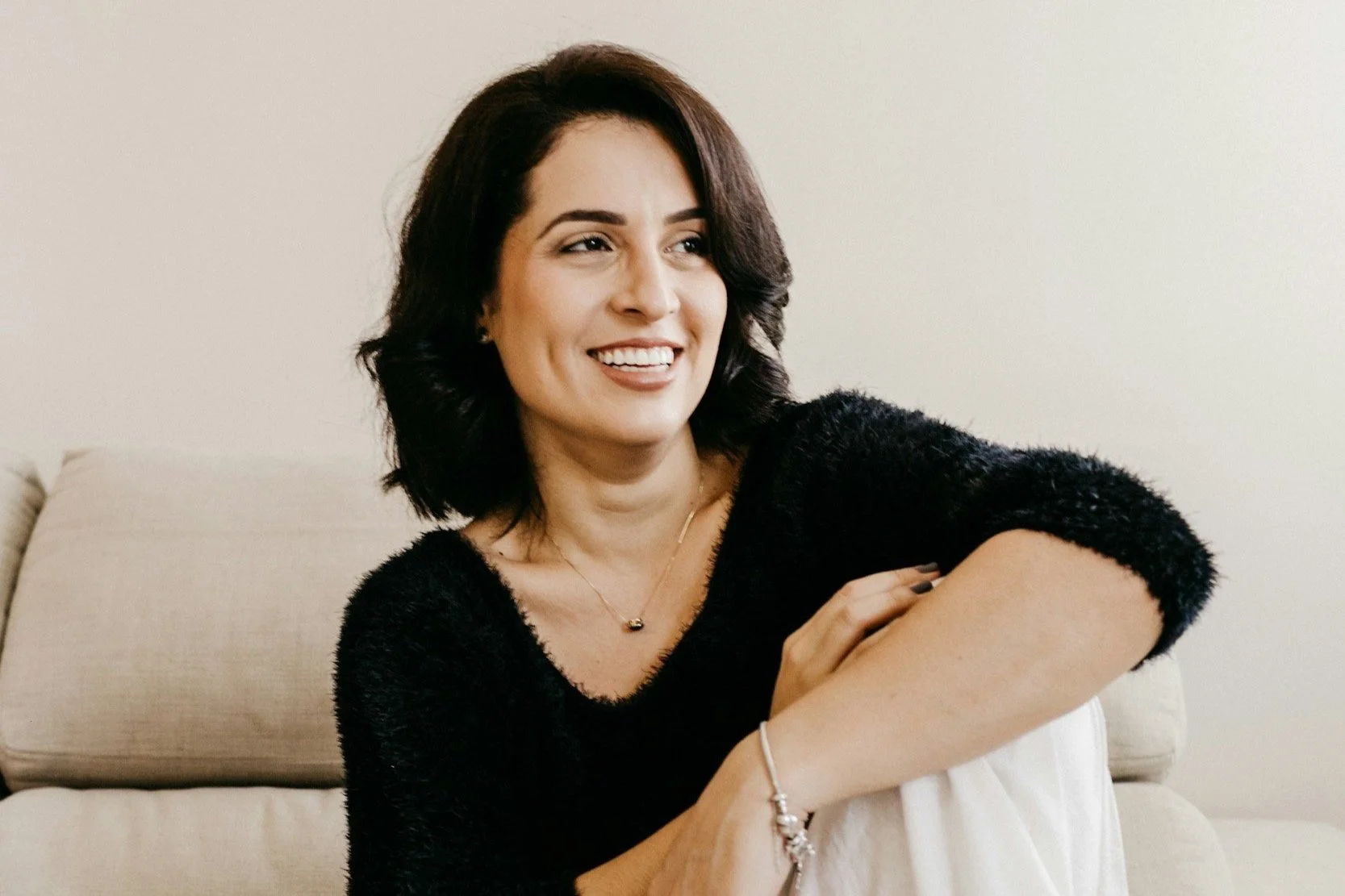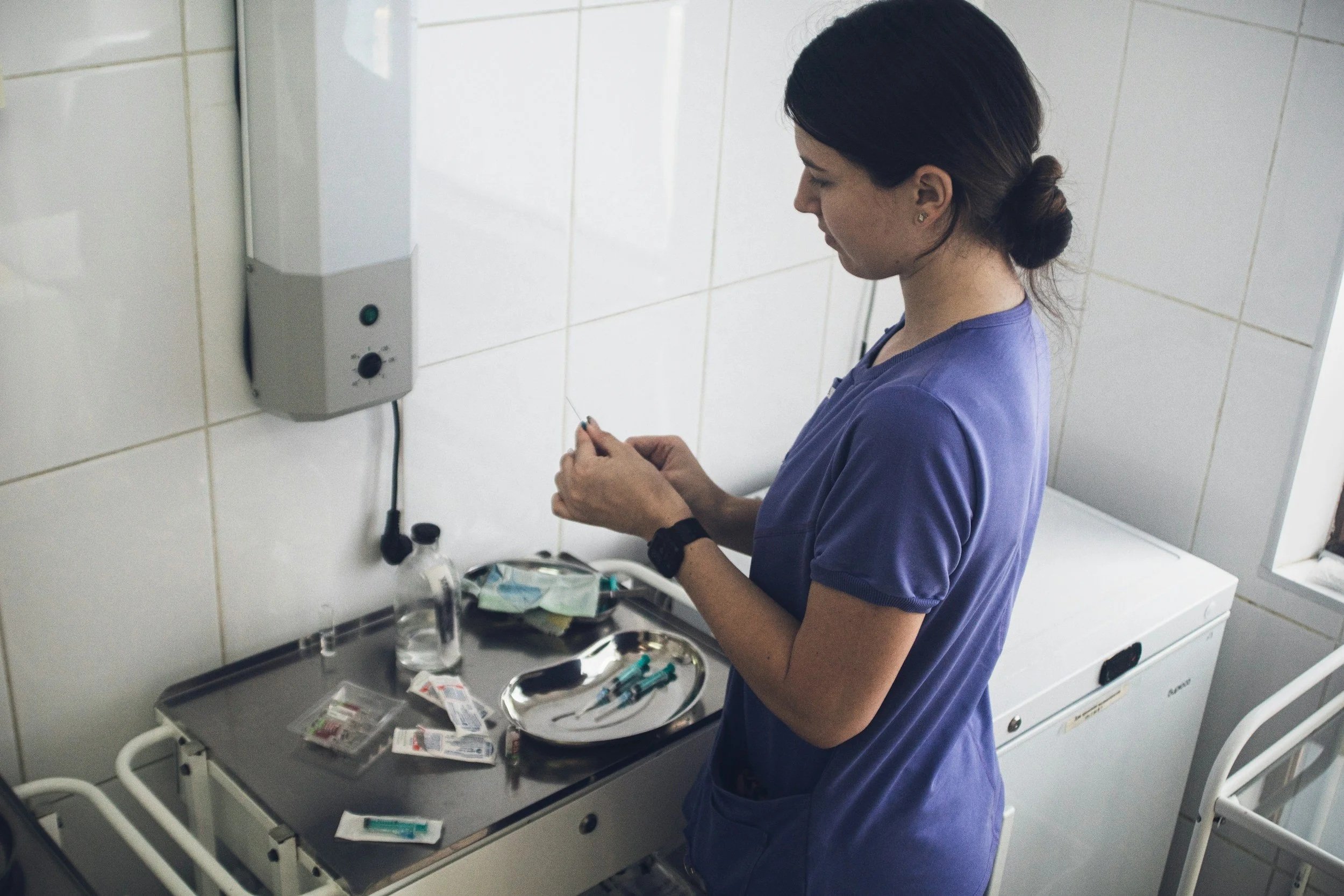The sooner a woman decides to freeze her eggs to preserve her fertility options and does it, the better. Why? Well, egg freezing techniques are the best they have ever been, and the predicted success rates of freezing your eggs are close to that of women doing IVF treatment at the same age, which decline significantly over time.

Once you decide egg freezing is right for you, try to do it as soon as you can! There are significant benefits to freezing younger.
This message is important to all women: the sooner you freeze your eggs, the better the outcome will be. Once you know it is the right decision for you, just do it! I have yet to find a woman who regretted their decision, no matter the outcome, because they are being self advocates for their reproduction. No one else is able to do this for you!
The 4 key benefits to freezing younger
The younger you are when you freeze:
the healthier your eggs will be
the more eggs you’ll be able to collect
the less medication you’ll need to take
the less cycles you’ll need to do
These factors translate to:
a higher pregnancy rate
a higher change of a healthy baby
less life disruption for treatment
lower cost
The older you are, the more egg freezing cycles you may need to become pregnant - that means more time, money and inconvenience (both physical and emotional) to get the same results.
Objectively, the best age to freeze your eggs is in your 20s. When women use donor eggs - which are healthy eggs donated to women who cannot produce their own - to help them have a baby, the ideal age for the donor is 21-28. Why? Because donor eggs from this age give them the highest pregnancy rates.
The average age of women coming to freeze their eggs is between 35-37. As you can imagine, the probability of having a successful pregnancy in this age group is unfortunately lower than the success rates in the younger patients.
What does the data say about age and success?
A doctor will never be able to tell the future outcome or success rates of your frozen eggs until they are thawed, mixed with sperm, and become embryos. However, pregnancy rates with egg freezing can be likened to pregnancy rates in women undergoing IVF treatment at the age you freeze your eggs. This is because the single greatest factor in the success of IVF is the age of the egg at which it was retrieved.
The latest IVF success rates by age in the United States are as follows, and egg freezing rates thus far follow a similar pattern (but based on the age at which you freeze your eggs, not the age at which you attempt IVF).
Percentage of Egg Retrieval Cycles Resulting in a Baby
So to be clear, the youngest you, is the most fertile you. Although many of us have big plans for our futures, our eggs don’t wait for us to make life decisions or find the one. Societal norms have put childbearing on hold, and now we have the means to combat that and balance our lifestyle choices. Like everything in life there is a season and a time, and today, there is also a balance. Once your season, time, and balance line up, that’s when you should do it, but keep in mind - the sooner the better! 😉

Dr. Alison Peck, M.D., F.A.C.O.G., Southern California native and practicing since 2006, is board certified in both obstetrics/gynecology and reproductive endocrinology/infertility (REI). Dr.Peck is also fluent in Spanish and Hebrew and has a special interest in Genetic Screening of Embryos and Fertility Preservation in Young Reproductive Age Women. Dr. Peck completed her specialty training in obstetrics and gynecology at the University of Southern California and her fellowship in reproductive endocrinology and infertility at the Albert Einstein College of Medicine, New York.
Learn more about about HRC Fertility on Freeze.
Answered by Dr. Roy Handelsman from HRC Fertility. Understand how ovarian cysts and ovarian surgery may impact the egg freezing process.
Answered by Dr. Rashmi Kudesia from CCRM Fertility Houston. Here’s a checklist for before, during, and after your egg freezing consultation, including 11 questions you should ask the doctor.
Answered by Valerie Shafran, MSN, FNP-C from Extend Fertility. Discover why fertility experts urge women to stop taking GLP-1 agonists before an egg freezing cycle.
Answered by Dr. Nidhee Sachdev from South Coast Fertility Specialists. Explore what AMH tells us about a woman’s ovarian reserve or how many eggs she has left.
Answered by Dr. Hade from Generation Next Fertility. Understand how egg freezing does not cause long-term weight gain yet there is a chance of transient bloating.
Answered by Rijon Charne, JD from Sunray Fertility. Explore what a reproductive estate plan entails and the situations where having one can make a big difference.
Answered by Rijon Charne, JD from Sunray Fertility. Learn more about the importance of clinic disposition forms, including what they do and don’t cover.
Answered by Rijon Charne, JD from Sunray Fertility. Discover the legal nuances that can shape your options when freezing eggs or embryos.
Answered by Dr. Joshua Klein from Extend Fertility. Learn how birth control relates to egg freezing and if you will need to stop your hormonal birth control before starting the procedure.
Answered by Dr. Jesse Hade from Generation Next Fertility. Discover the important factors that affect chances of egg freezing success in your late thirties.
Answered by Sidonia Buchtova, PA-C, C-RHI from Refresh Psychiatry. Understand if you can stay on an SSRI or SNRI when freezing your eggs.
Answered by Sidonia Buchtova, PA-C, C-RHI from Refresh Psychiatry. Discover tips to help support your mental well-being during preparation, throughout the cycle, and after your egg retrieval, especially if you have a history of anxiety.
Answered by Dr. Katharina Spies from Vida Fertility. Learn about who should consider supplements before and during fertility preservation, and how supplements could support your egg freezing cycle.
Answered by Dr. Serin Seckin from Generation Next Fertility. Understand the key differences to help you make an informed decision that aligns with your personal and reproductive goals.
Answered by Dr. Ido Feferkorn from the Reproductive Medicine Group. Learn how Polycystic Ovarian Syndrome (PCOS) may affect the egg freezing process and outcomes of fertility preservation.
Answered by Dr. Meera Shah from Nova IVF. Understand the potential risks of egg freezing to help you evaluate if it is right for you.
Answered by Dr. Hade from Generation Next Fertility. Learn from start to finish the entire process of what happens on the final day of an egg freezing cycle.
Answered by Dr. Sahar M. Stephens from Northern California Fertility Medical Center. Understand the probability of pregnancy based on the number of eggs frozen and the age at which you freeze.
Answered by Dr. Alison Peck from HRC Fertility. Discover which medications are commonly used for ovarian stimulation during an egg freezing cycle.
Answered by Dr. Kathryn Snow from Piedmont Reproductive Endocrinology Group (PREG). Understand the side effects that you may experience when freezing your eggs.
Answered by Lia Schiller, MSN, AGNP-BC from Extend Fertility. Learn why IUDs can stay in place throughout the egg freezing process.
Answered by Dr. Woo from HRC Fertility. Learn how some medications need to be stopped for an egg freezing cycle while some medications can be continued.
Answered by Dr. Dan Nayot from The Fertility Partners. Learn how artificial intelligence is providing women with more information than ever before about their eggs.
Answered by Dr. Joshua Klein from Extend Fertility. Egg freezing doesn’t impact your chance of getting pregnant naturally, because egg freezing makes use of eggs that would otherwise have been lost.
Answered by Dr. Dan Nayot from The Fertility Partners. Understand the distinction between egg quantity and quality, and explore how AI is transforming egg quality analysis.
Answered by Dr. David E. Tourgeman from HRC Fertility. Understand what options exist for what to do with your frozen eggs if you decide not to use them for IVF.
Answered by Dr. Armando Hernandez-Rey from Conceptions Florida. Learn about minimal stimulation egg freezing cycles and how they can decrease the risk of ovarian hyperstimulation syndrome.
Answered by Dr. Ido Feferkorn from the Reproductive Medicine Group. Find out how egg freezing medications work and how protocols can be adjusted if you can’t take estrogen.
Answered by Dr. Ido Feferkorn from Reproductive Medicine Group. Learn how egg freezing fits into the menstrual cycle and how timing can be customized.
Answered by Dr. Elena Santiago from Vida Fertility. Understand the ins and outs of egg freezing in Spain as a non-resident, including timing, costs, and more.






























